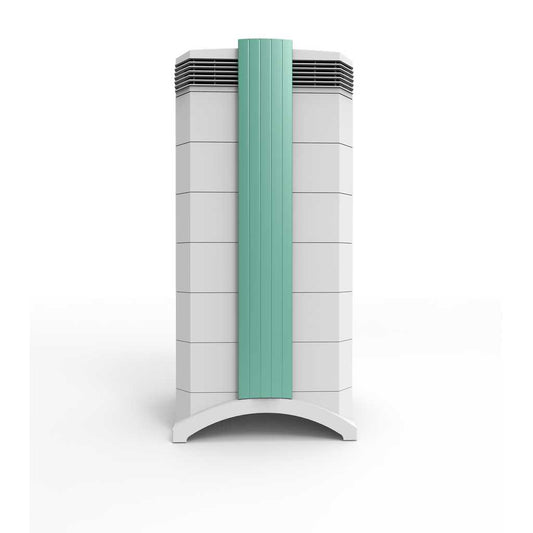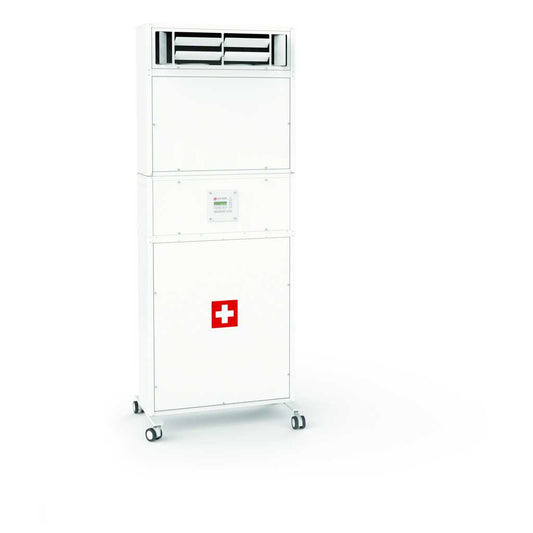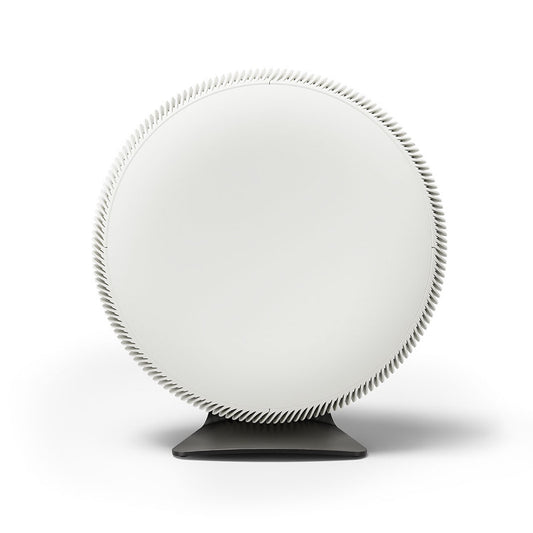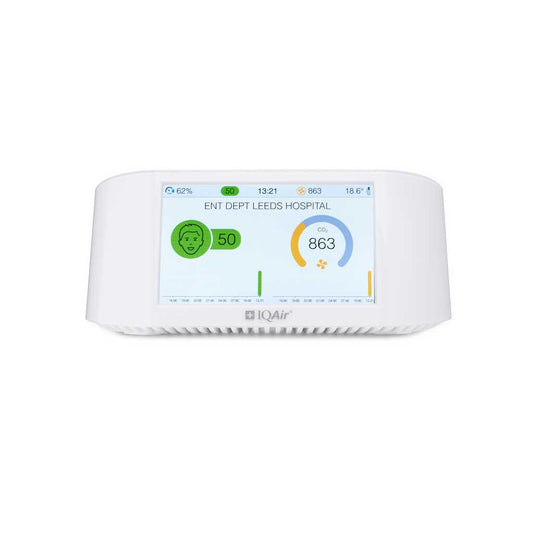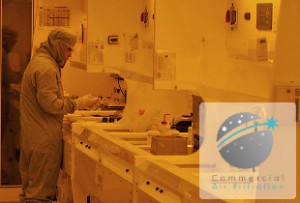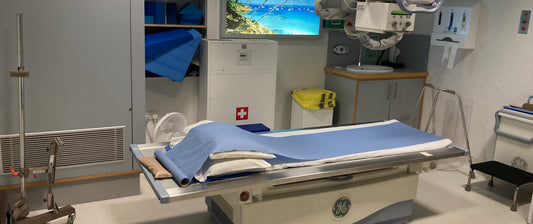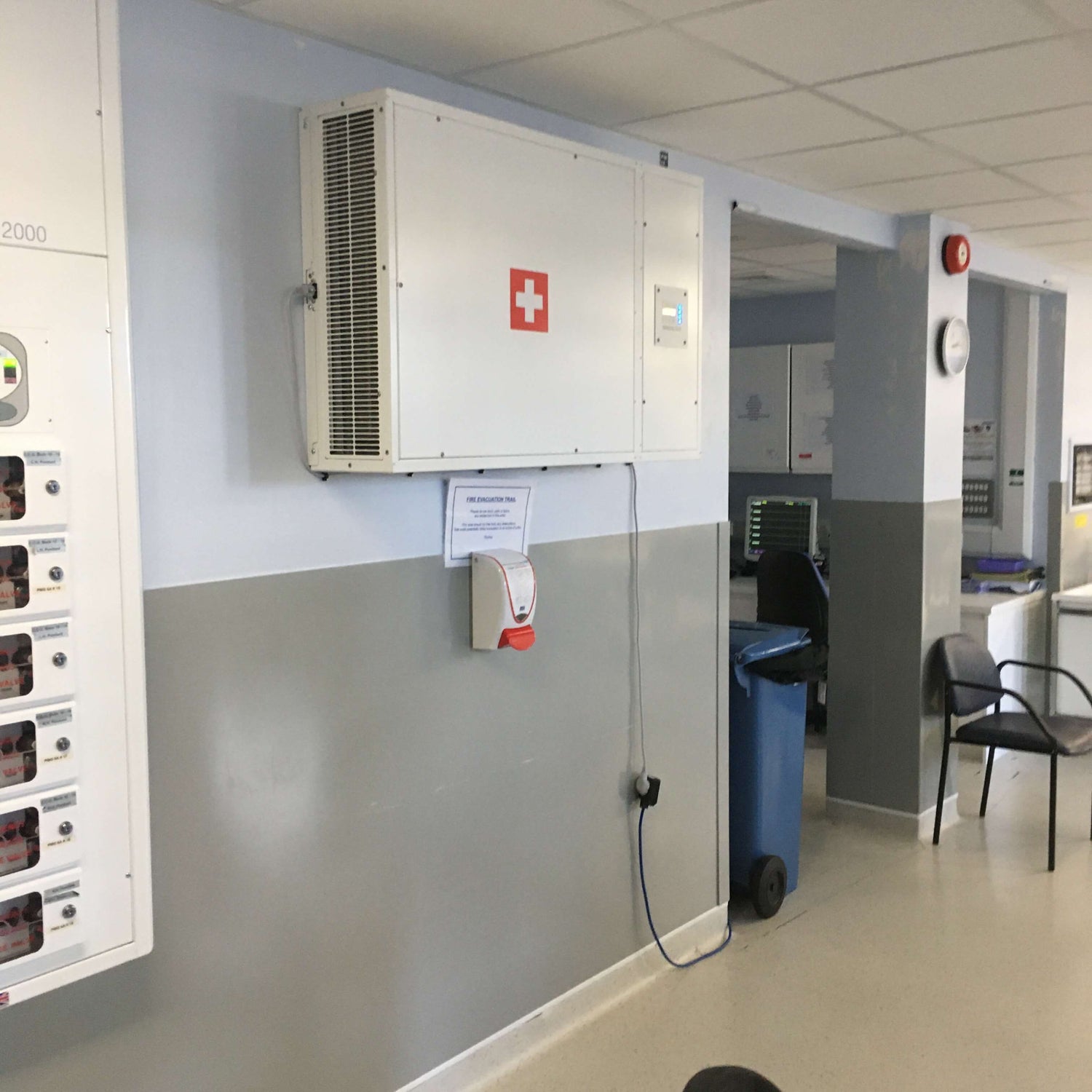
Hospital Air Filtration
The primary objective of hospital air filtration is to minimise the risk of infection transmission by removing airborne pathogens from the ambient air. Adequate ventilation and air filtration are essential for infection control and the overall safety of patients and staff.
Infection Control Teams and Facilities Managers work with us to meet their airborne hygiene needs and find the best hospital air filtration solution for any hospital environment.

